Dealership Allocation and Ordering: Explained
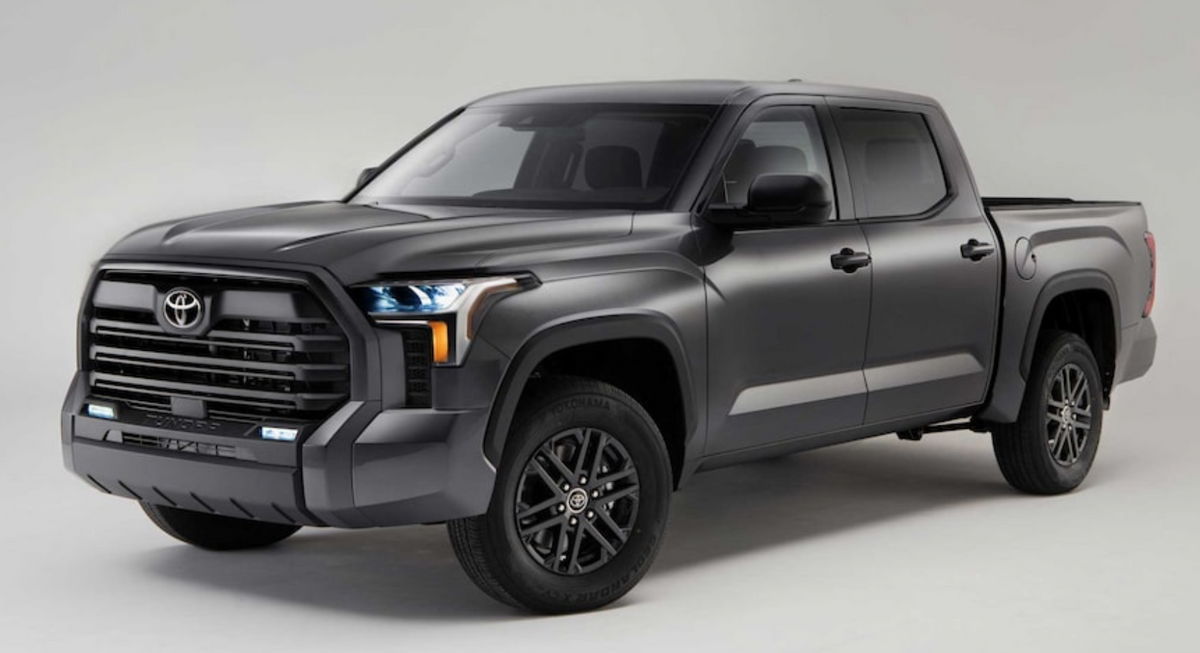
My mostly automotive related social media is full of accounts from unhappy customers who have placed orders with car dealers and have either heard nothing about when their new vehicle may arrive, or have had their orders cancelled and deposits returned because the vehicle they wanted is unavailable.
I ordered a Toyota Tundra from Heninger Toyota in Calgary in August 2021. More than one year later, at the end of November 2022, the Sales Manager from Heninger writes back;
"We apologize that we have not been able to fill your vehicle request.
We are refunding requests that cannot be filled in a reasonable amount of time. At this point we advise you to consider other brands and options, or you may also wish to check other Toyota dealers for availability. Availability on certain models may differ from dealer to dealer. Please kindly contact us for your refund as we need to close all accounts by the end of the year."
Advise me to consider other brands!? Good Grief!
Salespeople are usually more than happy to take an order and deposit - as they are instructed to do - but what happens after that? How is the customer to know the actual status of their order, and when or if their car will arrive?
Obviously there are still big problems with the supply chain. Not helping things at all is having the dealerships involved with the order taking. Let me explain the status quo as it applies to order taking, and how it should change...
An automobile manufacturer may divide their distribution network by country or market. In Canada we will have Toyota Canada or GM Canada etc. who are wholly owned subsidiaries of the parent company. They will manage the sales, marketing, and warranty programs through the dealer network. The Canadian company is the importer and will negotiate with the parent company the number and types of vehicles that will be shipped into their market. Toyota Canada would then decide on an allocation to each of its dealers based on many factors, but probably the most heavily weighted is market share.
Dealerships are given substantial incentives to match their sales to their allocations, and achieve the market share percentages that the Importer has represented to the Manufacturer. Some type of pro forma, broken down by model and month, will be negotiated late in one year for deliveries the following year.
If all goes well, the right vehicles are delivered in the right place at the right time and the dealers will neither have an excess of inventory or a shortage of each of their models. The dealerships would then sell all their allocations without the need for heavy incentives, and the Importer will make good on their market share predictions to the Manufacturer. Even in the best of times, it seldom works out this way.
The mix of vehicles is the subject of hot debate, as there are always some vehicles that are easier to sell than others. Dealers will always complain that they are not getting enough of the vehicles they want, and getting too many of the vehicles they don't want. The importer tries to account for regional differences in the market.
When the negotiations between Importer and Dealer are complete, in perhaps November or December, each Dealer Principal would have a rough idea of how many vehicles, and of which type, they are to take delivery of in the following year. This becomes the basis for targets which are heavily incentivized, and passed down to the Sales Manager and Salespeople, and form a substantial part of their compensation.
The Dealer's allocation is dispersed usually in one or two month lots i.e. in January the Dealer will get their March or April allocations. These are production slots which have production numbers attached to them. Once these cars are 'configured' with the colours and options selected they will built and shipped to the dealer, usually 3 weeks or so for domestic production and 6 weeks for overseas production. So, in January you might build a car to be manufactured in Europe in March for delivery in Canada in May. The vehicle that you configure in January may still be 'changeable' until about one month before it is set to enter production, after which it is 'locked' and can't be changed. The status of the vehicle is constantly changing and is usually updated daily and can be accessed by the dealership.
When the dealer gets an allocation, they match it to their sold orders. If there are more orders than cars, the Dealer has to decide who to give the cars to. If there are more cars than orders, the dealer configures the unsold cars for inventory. If somebody comes along to buy the car in the month prior to the allocation being 'locked', then they can change the colour and spec's to their liking. If the allocation is 'locked' then the car can be sold with the dealership's choices.
When the customer is given an allocation, the car can be tracked through its various production and shipping stages and a reasonably accurate delivery date can be established. Not that things don't go wrong and cars are delayed - because this does happen - but generally once you get an allocation it comes with a reasonably accurate delivery estimate at the dealership.
If the Dealership's allocations are spoken for, your order is just sitting in a file. The Dealer may know about how many of a certain model they are getting per month (or at least supposed to get), and how many orders they have, but they generally keep this information close to their chest to give themselves the maximum flexibility to give the allocations to whoever they choose. This may have nothing to do with the order in which they were received. Customers generally have no idea what priority their order is in, and often their salespeople don't either. The salespeople will, naturally, give the customer information that is agreeable enough for them not to lose the sale.
The reality is that with the current supply chain problems, nobody really knows anything. You place the order, and you may or may not get the car. If you do get an allocation, it may or may not be available with the equipment and options that you want.
In what is now frequently the case, the Dealers have taken far more orders than they can ever hope to deliver, and are returning deposits - and even suggesting customers just take their business elsewhere - which is what happed to me at Heninger Toyota.
So, what are the take-aways?
First, understand if your deposit is just to be on a 'list' and have your order placed in a file waiting for an allocation. In this case there is very little certainty when you are getting a car, what model year it will be, if the price of the car will change, or if you will even get it at all. You might decide to place multiple deposits at different dealerships for different brands to maximize your chances of getting something.
Second, if the salesman says that they have an allocation for you, ask for the print out from the factory ordering system to confirm it. It should have your name on it. This will enable you to also confirm that the colours and options were ordered correctly. There will be an estimated delivery date with this document.
Is there a better way to do this?
I think so. There is no reason to have two or three people in between the customer and the factory order. For a customer, the lack of transparency and misinformation by most dealers is a source of deal-breaking frustration. Very simply, the customers should be able to order their cars direct from the manufacturers on-line, and select the dealer that they want to deal with. The Manufacturer can decide how many orders to take, and how to manage the communication with the customer.
Hyundai handled the order of my Ionic well. I ordered the car on-line, paid a deposit, and then received monthly updates as to the status of the car, along with a series of videos to keep me interested. When the production of the car was sold out, they simply stopped taking orders. Prospective buyers were disappointed, but at least they knew where they stood.
Lawrence Romanosky is a 'Car Guy' working out of Calgary, Canada and offers a wide range of auto related services related new, used and specialty cars.
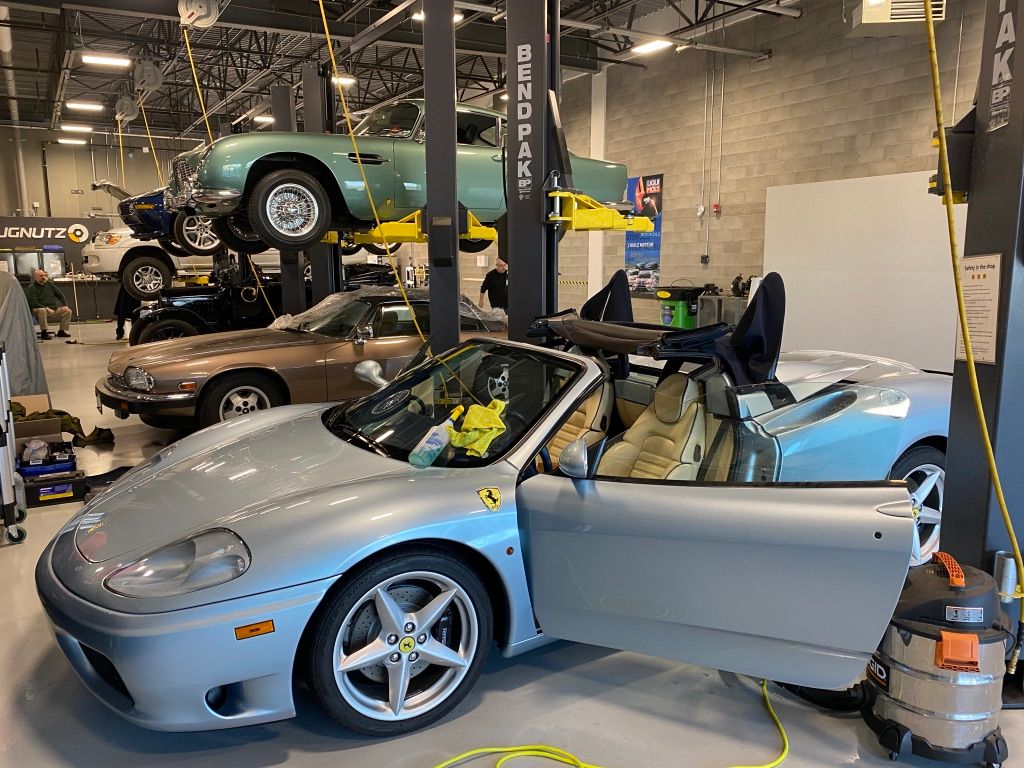
Lromanosky@me.com
403-607-8625
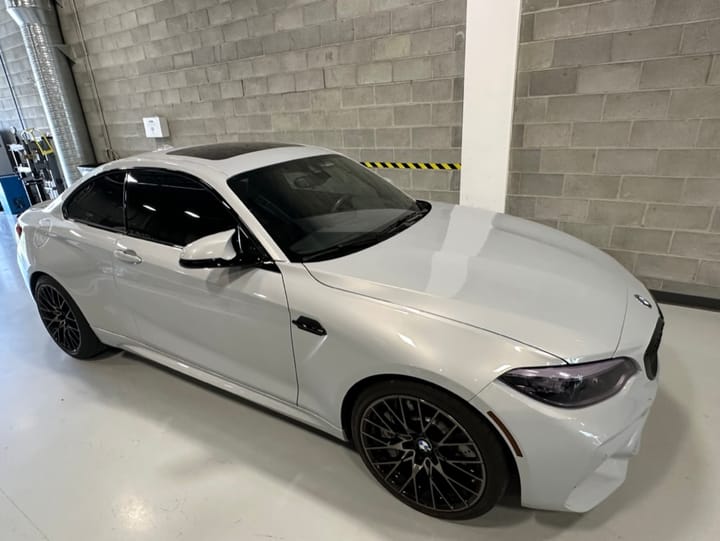
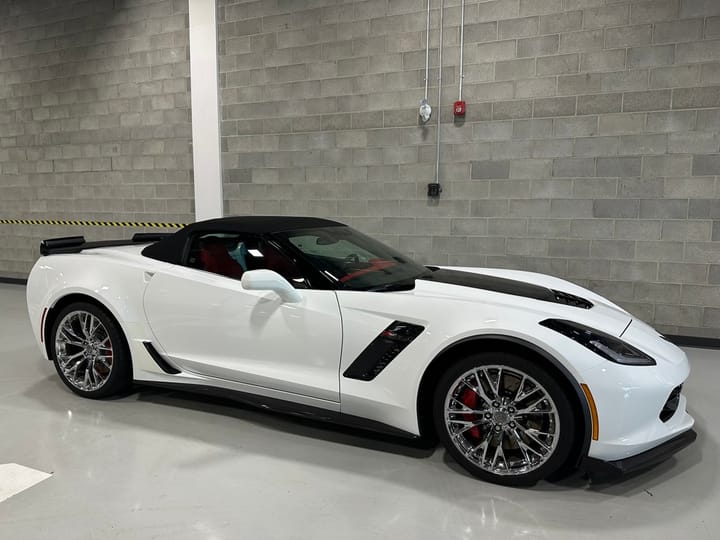
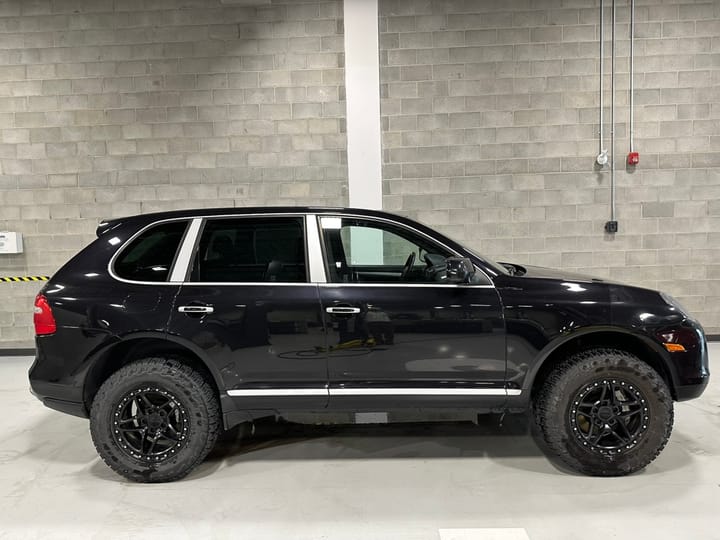
Comments ()